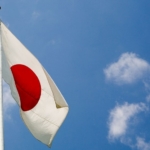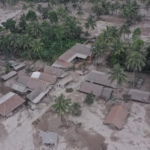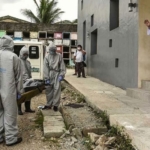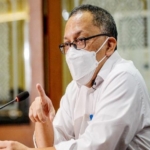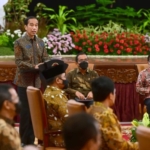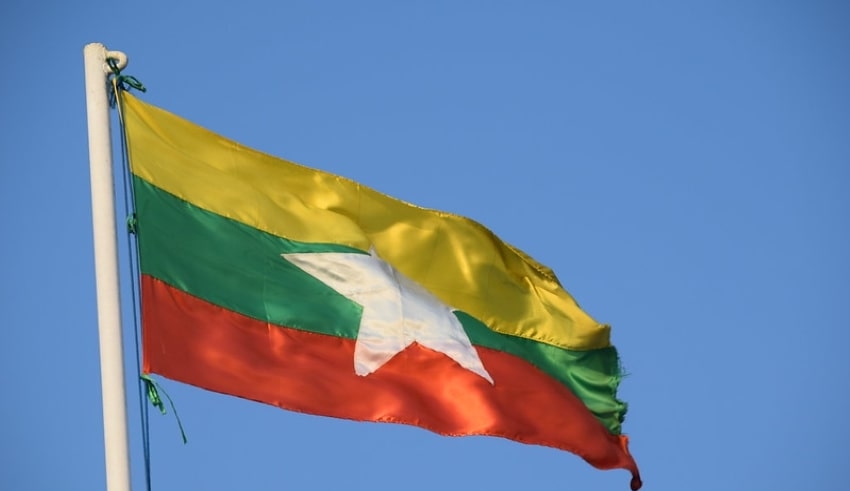
 Myanmar – Myanmar’s urban poverty is on track to quadruple next year, bringing almost half of the population below the poverty line, the United Nations warned today, as the epidemic and a military takeover threaten to reverse decades of progress.
Myanmar – Myanmar’s urban poverty is on track to quadruple next year, bringing almost half of the population below the poverty line, the United Nations warned today, as the epidemic and a military takeover threaten to reverse decades of progress.
On Feb. 1, the army overthrew Aung San Suu Kyi’s elected civilian administration, causing political and economic chaos and jeopardizing attempts to combat the coronavirus.
According to a UN Development Program (UNDP) study of 1,200 families, Myanmar is on track to revert to levels of hardship not seen since 2005, when democratic reforms started.
Kanni Wignaraja, the UNDP’s Asia and Pacific regional director, said in a statement that there is an extreme fall into poverty on this magnitude might signal the end of the middle class – a negative portent for a speedy recovery from the crisis.
The military junta’s spokesperson did not reply to Reuters’ inquiries for comment.
Related Posts
The United Nations projects that under the worst-case scenario, the number of people living below the poverty line might double to 46.3 percent from 24.8 percent, while urban poverty is likely to quadruple to 37.2 percent by 2022, up from 11.3 percent in 2019.
Half of respondents in metropolitan areas said that they had exhausted their funds, while approximately a third stated that they had sold a motorcycle, which is often the primary mode of transportation for a family.
There was a significant upward trend in family food consumption” and growing high school dropout rates.
Major towns like as Yangon and Mandalay, which formerly had a burgeoning middle class, have suffered disruptions to small enterprises and industries ranging from construction and hospitality to retail and textiles, resulting in job losses and salary reductions, the UNDP said.
In October, the junta’s investment minister told Reuters that military authorities were attempting to rehabilitate the economy and blaming the problem on foreign-backed economic sabotage, but providing no specifics.
If no action is done, he would see this carried through through an entire generation, according to UN official Kanni Wignaraja.
Not only does he lose a generation to conflict, he also loses a generation to impairments and disabilities caused by a lack of food, bad nutrition, or just severe poverty, she told Reuters.
The World Bank, which forecasted economic growth in Myanmar before to the coup despite Covid-19, now estimates the GDP to collapse by more than 18% this year, far outpacing its neighbors.
Myanmar’s effort against the illness, like the rest of the health system, collapsed when the military deposed an elected administration that had increased testing, quarantine, and treatment.
Services at public hospitals ceased to exist when a large number of physicians and nurses joined strikes as part of a civil disobedience movement that was at the vanguard of resistance to military authority and was sometimes in the forefront of repressed demonstrations.
According to a monitoring organization, the Assistance Association for Political Prisoners, over 1,200 people have been slain by junta soldiers, and the demonstrations have devolved into an armed revolt, resulting in battles throughout the nation.

